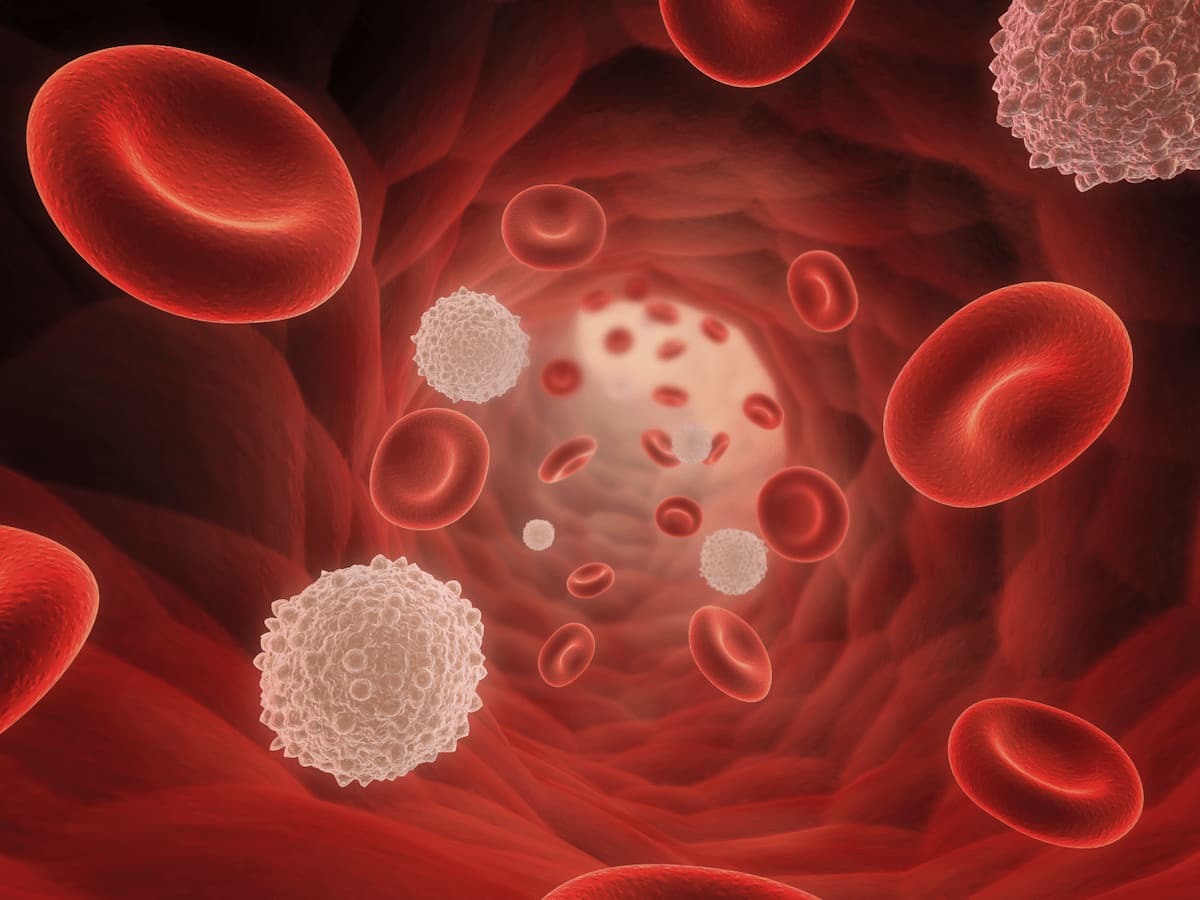FDA Grants Priority Review to Liso-cel in Relapsed/Refractory MCL/FL
Japan’s Ministry of Health, Labour, and Welfare also accepted a supplemental new drug application for lisocabtagene maraleucel in relapsed/refractory follicular lymphoma.
The FDA has set a Prescription Drug User Fee Act date of May 23, 2024, for the follicular lymphoma indication and a date of May 31, 2024, for the MCL indication.

The FDA has granted priority review to 2 supplemental biologics license applications (sBLAs) for lisocabtagene maraleucel (liso-cel; Breyanzi) in the management of relapsed/refractory mantle cell lymphoma (MCL) and follicular lymphoma following prior treatment with a Bruton tyrosine kinase (BTK) inhibitor, according to a press release from Bristol Myers Squibb.1
The regulatory agency has set a Prescription Drug User Fee Act date of May 23, 2024, for the follicular lymphoma indication and a date of May 31, 2024, for the MCL indication. Additionally, the Ministry of Health, Labour, and Welfare in Japan has accepted a supplemental new drug application for liso-cel in relapsed/refractory follicular lymphoma.
“Patients living with follicular lymphoma and [MCL] often experience cycles of remission and relapse with multiple lines of treatment, and we are committed to delivering innovative treatment solutions to this population,” Anne Kerber, MD, senior vice president, head of Late Clinical Development, Hematology, Oncology, Cell Therapy at Bristol Myers Squibb, said in the press release. “[Liso-cel] offers the potential for a durable response, and these filing acceptances in the United States and Japan support our commitment to delivering our best-in-class CAR T-cell therapy treatments to as many eligible patients as possible.”
Supporting data for the MCL and follicular lymphoma applications, respectively, came from the phase 1 TRANSCEND NHL 001 trial (NCT02631044) and the phase 2 TRANSCEND FL trial (NCT04245839).2,3
TRANSCEND NHL 001 Trial
In the TRANSCEND NHL001 trial, patients were given liso-cel at a dose of 50 x 106 or 100 x 106.
After a median follow-up of 16.1 months in the TRANSCEND NHL 001 trial, liso-cel elicited an overall response rate (ORR) of 86.5% (95% CI, 76.5%-93.3%; P <.0001) among 74 evaluable patients in the MCL cohort. Additionally, a complete response (CR) was reported in 74.3% (95% CI, 62.8%-83.8%; P <.0001) of patients.
Any grade and grade 3/4 cytokine release syndrome (CRS) affected 61% and 1% of patients, respectively, and any grade and grade 3/4 neurologic events occurred in 31% and 9%.
“Despite advances in treatment, there remains a critical unmet need for additional therapies that offer deep and durable responses in patients with high-risk, aggressive relapsed or refractory [MCL]. Liso-cel offers the potential for complete responses with a one-time infusion and a manageable safety profile, representing a potential new treatment option for these patients,” lead investigator Michael Wang, MD, professor in the Department of Lymphoma and Myeloma in Division of Cancer Medicine at The University of Texas, MD Anderson Cancer Center, said in a press release on these findings.
The primary end points of the TRANSCEND NHL 001 trial included treatment-related adverse effects, dose-limiting toxicities, and ORR. Additionally, secondary end points included CR rate, DOR, and progression-free survival (PFS). Investigators administered treatment to patients with relapsed/refractory B-cell non-Hodgkin lymphoma, including those with large B-cell lymphoma, high-grade B-cell lymphoma, and MCL.
TRANSCEND FL Trial
According to data from the TRANSCEND FL trial presented at the 2023 American Society of Hematology (ASH) Annual Meeting and Exposition, with patients receiving liso-cel at 100 x 106.3,4 A total of 23 patients were evaluable for efficacy, and the median follow-up was 18.1 months. The ORR and CR rate was 95.7% (n = 22/23; 95% CI, 78.1%-99.9%; P <.0001). The median follow-up was 16.8 months.
Additionally, the median duration of response (DOR) was not reached (NR; 95% CI, 19.3-NR), and 89.8% of patients were likely to experience a sustained response at 12 months. Investigators highlighted that the median PFS was NR (95% CI, 20.2-NR) and the 12-month PFS rate was 91.3%.
There were no new safety signals observed in the TRANSCEND FL trial, and investigators reported low rates of severe CRS and neurologic events.
“Based on results from TRANSCEND FL for liso-cel as a second-line treatment option, the vast majority of patients achieved a [CR], with a probability of overall responses lasting at least 12 months. Additionally, the safety profile for liso-cel continued to be manageable, showing the clinically meaningful value of using this differentiated treatment option for patients with relapsed or refractory follicular lymphoma after failure of front-line therapy,” lead investigator Franck Morschhauser, MD, PhD, professor of Hematology at Centre Hospitalier Universitaire de Lille, Groupe de Recherche sur les formes Injectables et les Technologies Associées, Lille, France, said regarding these data.3
In the TRANSCEND FL trial, the primary end point was ORR. Secondary end points included CR rate, DOR, and PFS.
References
- Regulatory applications accepted in the U.S. and Japan for Bristol Myers Squibb’s Breyanzi (lisocabtagene maraleucel) in relapsed or refractory follicular lymphoma (FL) and relapsed or refractory mantle cell lymphoma (MCL). News release. Bristol Myers Squibb. January 30, 2024. Accessed January 30, 2024. http://tinyurl.com/mu6zd678
- Bristol Myers Squibb’s Breyanzi (lisocabtagene maraleucel) delivers deep and durable responses in relapsed or refractory follicular lymphoma and mantle cell lymphoma in TRANSCEND clinical trials presented at ICML 2023. News release. Bristol Myers Squibb. June 17, 2023. Accessed January 30, 2024. bit.ly/43RTjoC
- Morschhauser F, Dahiya S, Palomba ML, et al. TRANSCEND FL: phase 2 study primary analysis of lisocabtagene maraleucel as second-line therapy in patients with high-risk relapsed or refractory follicular lymphoma. Blood. 2023;142(suppl 1):602. doi:10.1182/blood-2023-179474
- Bristol Myers Squibb presents new data at ASH 2023 demonstrating clinical benefit across B-cell malignancies with Breyanzi as a second-line treatment in high-risk follicular lymphoma and in relapsed or refractory chronic lymphocytic leukemia. News release. December 10, 2023. Accessed January 30, 2024. http://tinyurl.com/mt93upa6
Highlighting Insights From the Marginal Zone Lymphoma Workshop
Clinicians outline the significance of the MZL Workshop, where a gathering of international experts in the field discussed updates in the disease state.